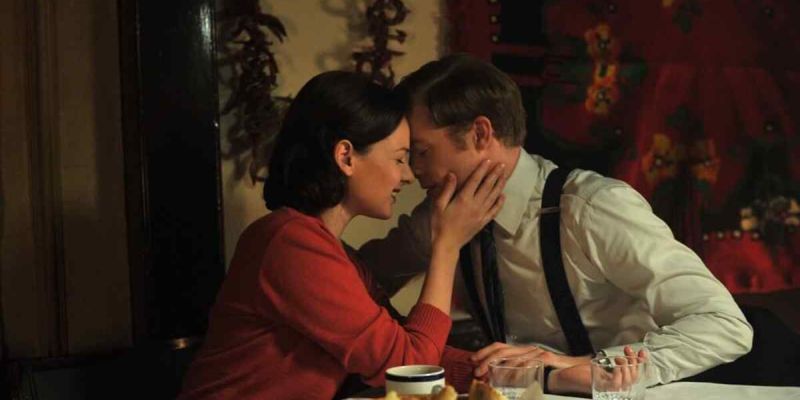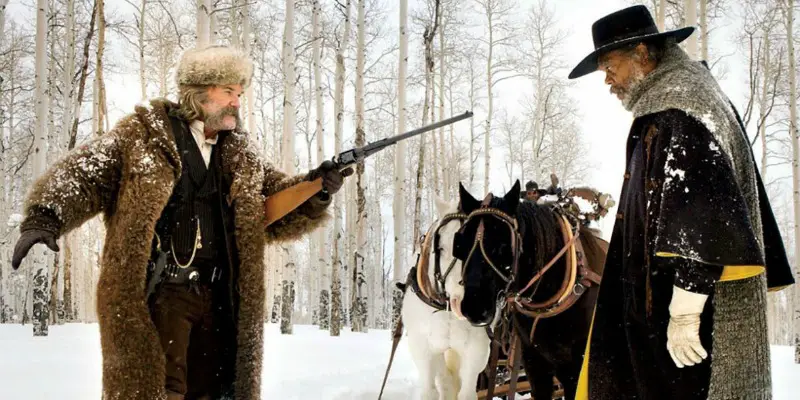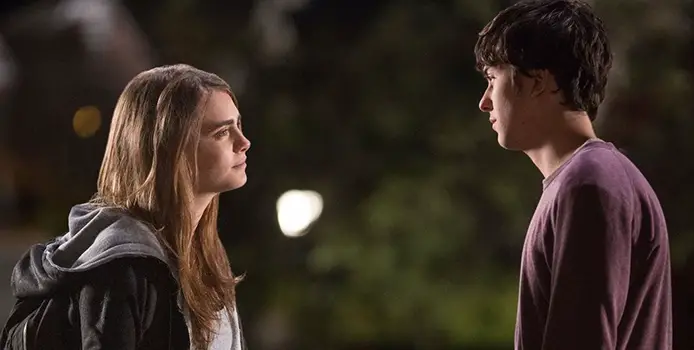mystery
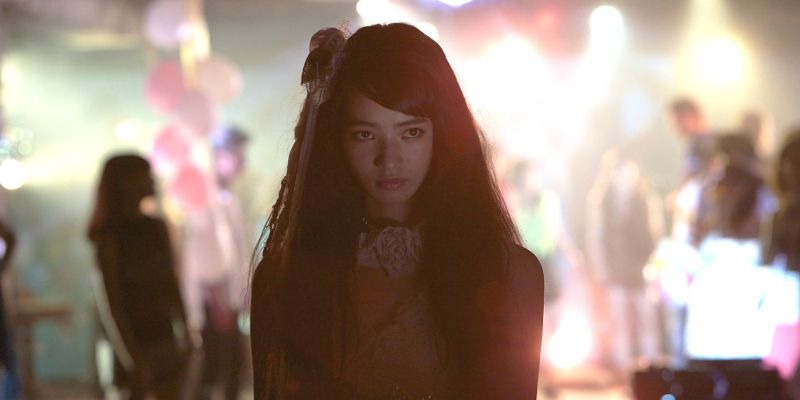
To try and properly describe The World of Kanako is quite a tough feat. So far I have a mix of the youth-filled slaughter of Battle Royale, the rapid-fire non-linear editing of John Boorman’s Point Blank, and the grittiness of Sam Peckinpah’s Bring Me the Head of Alfredo Garcia, smashed together in a blood soaked blender and left to sit in the sun. The World of Kanako is a brutal, convoluted and pop-culture infused neo-noir which punctures a bandage-wrapped fist in the face of decency in delivering its twisted story.
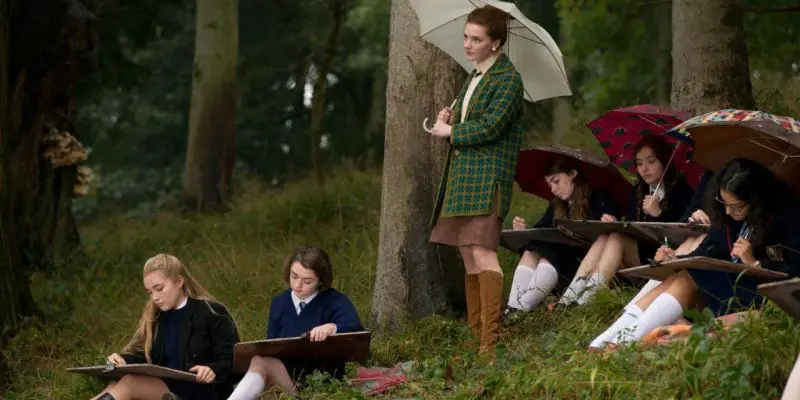
The Falling, the first drama feature by critically acclaimed director Carol Morley, went largely unnoticed on its general release. Despite collecting high praise from the critics, and starring Game of Thrones’ Maisie Williams in the lead role, The Falling was almost a blink-and-you-miss-it situation. This seems absolutely tragic, as I would have no reservations in rating it as my favourite film of 2015.
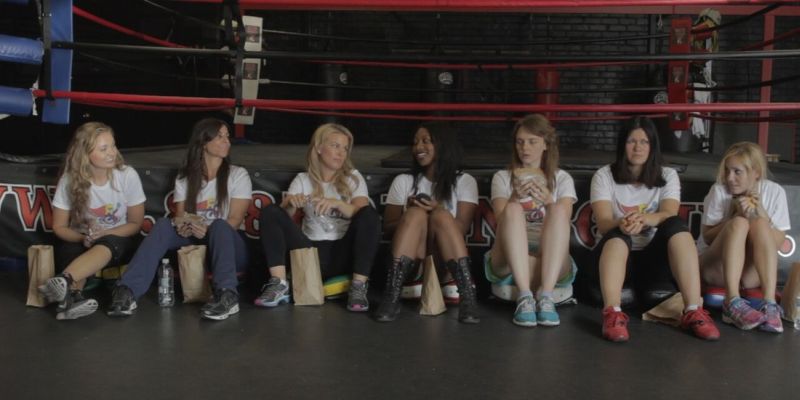
You would be right in thinking with a title like this The Boom Boom Girls Of Wrestling would be a lot of fun even if it wasn’t very good. Made by independent filmmaker Carolin Von Petzholdt, The Boom Boom Girls Of Wrestling claims to be inspired by true events (but I’m pretty sure this is just a gimmick), and tells the story of a group of out of work actresses who train to be wrestlers as part of some kind of reality show. However, on their way to their first event in Las Vegas their bus breaks down and they are stranded in a ghost town where a mysterious slasher (dressed as chicken, because, why not?
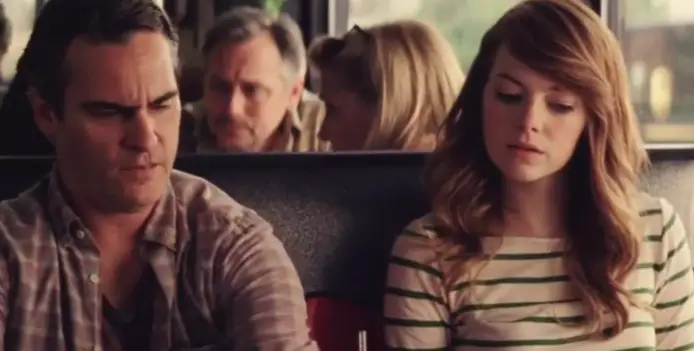
Woody Allen’s perennial dialogue of death and futility is upon us, and, as someone who takes comfort in the recurring anguish of Mr. Allen’s films, I couldn’t be happier with his 2015 iteration, Irrational Man. He executes a story equivalent in scope to what has become one of the auteur’s main ambitions these fifty years:
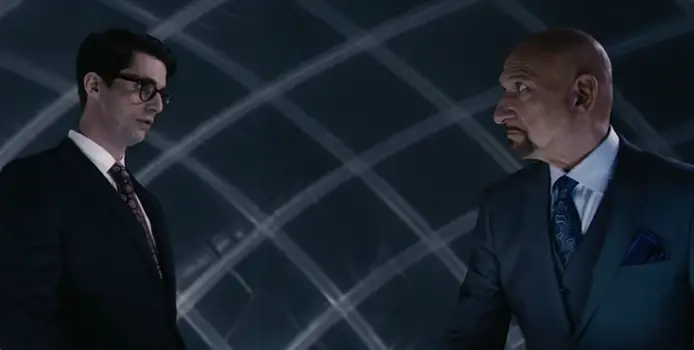
I’ve been toiling over this review for about a week now. A large portion of mainstream film criticism has shifted towards tearing down films, blatantly nit-picking all aspects of a movie and continuously shouting nasty adjectives which seemingly constitutes as a review of a film. I get why it’s so big nowadays, being angry at or disappointed in something will always get a more humorous and memorable responses.
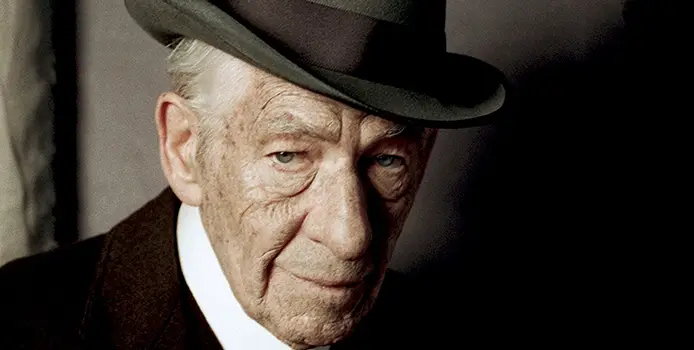
There is something so endlessly fascinating about the character of Sherlock Holmes that prevents him from ever becoming boring to audiences, no matter how different Arthur Conan Doyle’s detective creation is to the pop-culture tastes of the time. The source material is so undeniably entertaining that even if it gets revised as an action blockbuster, as seen in Guy Ritchie’s two recent movies, or transplanted into the modern day, on Steven Moffat’s BBC series, it never loses any of its original charm. No matter how unique a new adaptation of the stories may be, Doyle’s stories are so widely revered that nearly every adaptation of them remains faithful to the essence of the characters, even if they may take a few liberties.

Film Noir is not an easy genre to tackle nowadays, simply because trends in culture have changed. The hard-boiled detective of the black and white screen, the one with the alienated, tough exterior and a penchant for femme fatales – think Dana Andrews in Laura or Bogie in The Big Sleep – would cause no more than a snicker, so removed are they from the world we witness every passing day. Our post-modernist mindset asks for the type of heroes we find authentic, those we can relate to, this is why the grand days of Film Noir have passed – which is not to say some of its elements cannot be used for fine, fine cinema.
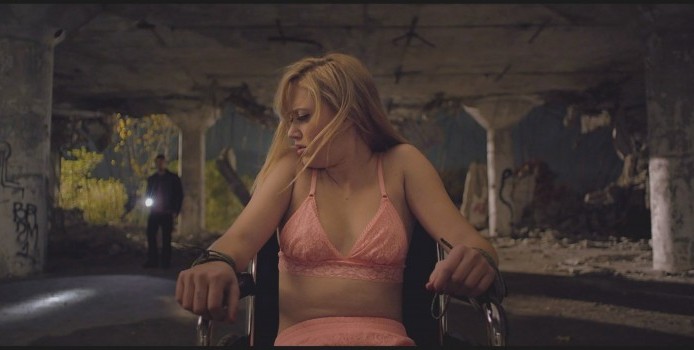
With the blockbuster success of Fifty Shades of Grey in cinemas worldwide, many pundits are claiming that this marks a new era for “sex positive” movies – and much more importantly, the basic idea of a woman being as sexually open as her male counterparts not being a source of cinematic shame, but one of pride. It has only been two decades since what I dub the “unofficial Michael Douglas misogyny trilogy” of Fatal Attraction, Basic Instinct and Disclosure hit cinemas, films that (like Fifty Shades) were successful due to their frankness of sexuality. Yet those movies were inherently misogynist in suggesting that women were mentally unstable, or just plain evil for daring to be as open about their sexuality as men.
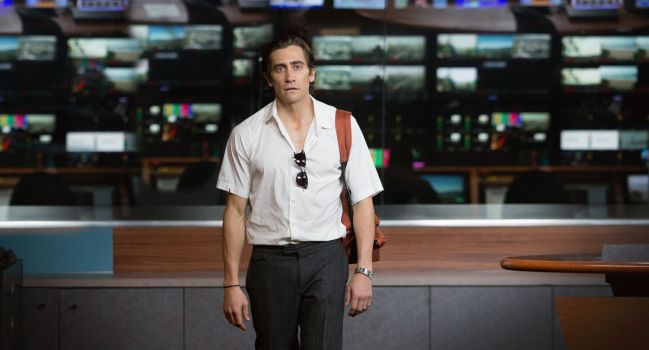
Nightcrawler, starring Jake Gyllenhaal, balances the crime thriller, dark comedy, and character study genres with ease. The film focuses on Louis Bloom, a mysterious young insomniac who takes to the nighttime streets of Los Angeles in an attempt to capture the most shocking breaking news. Armed with his video camera and sidekick, Rick, Louis turns real life car crashes and murders into exciting film clips to headline the morning stories.
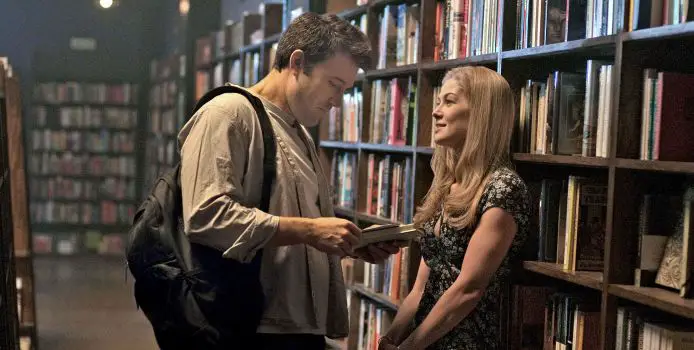
If the media blitz preceding its release is anything to go by, Gone Girl is being pitched as brooding, twisty, and somewhat orthodox whodunnit. If you buy a ticket expecting just that, you won’t be disappointed. David Fincher’s film, based on Gillian Flynn’s novel of the same name, has all the shifty intricacies you’d hope for in a thriller.


